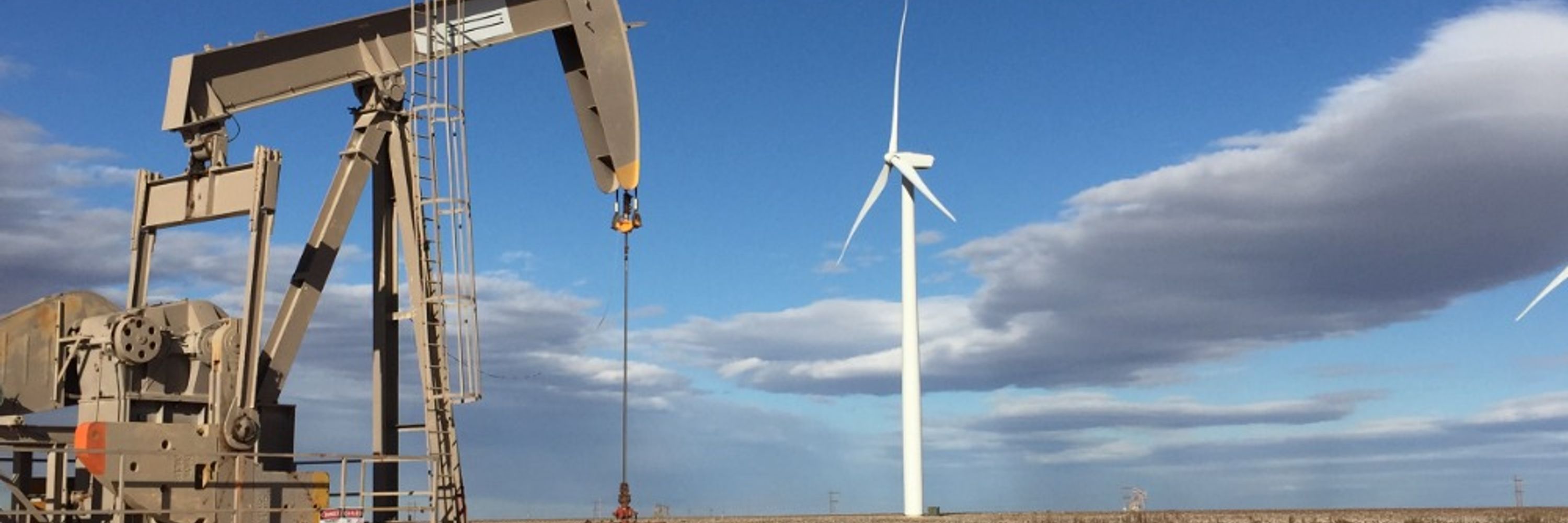
Congress can fix this, but it will require more attention to technical details.
Congress can fix this, but it will require more attention to technical details.
www.rff.org/publications...

www.rff.org/publications...
“We already have plenty of profitable shell plates in the United States.”
🤣
“We already have plenty of profitable shell plates in the United States.”
🤣

